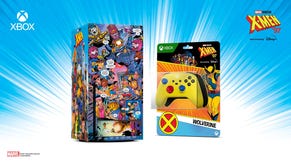"We can do more" microtransactions, says publisher of GTA and Red Dead Redemption
But claims it isn't out to "grab the last nickel."
"You can't give stuff away for free in perpetuity; there's no business model in that."
The boss of Take-Two - the company that publishes Grand Theft Auto and the upcoming Red Dead Redemption 2 - has said it sees the opportunity to add more microtransactions to its games.
According to CEO Strauss Zelnick, Take-Two doesn't rely as heavily on microtransactions in-game as other publishers do, and although it sees opportunities, it doesn't intend to flood its games with extra optional charges.
"You can't give stuff away for free in perpetuity; there's no business model in that," he told the Cowen & Company media conference, according to GameSpot.
"But we're not trying to optimise the monetisation of everything we do to the nth degree. My concern is, if you do that, the consumer knows. They might not even know that they know, but they feel it."
GTA 5, which has sold-in 80 million copies over four years, and GTA Online, are still big digital earners for Take-Two.
All GTA Online content is released for free, but players can buy optional Shark Cards to spend real money on items and vehicles if they don't want to earn currency in-game.
"We are convinced that we are probably from an industry view under-monetising on a per-user basis," added Zelnick
"There is wood to chop because I think we can do more, and we can do more without interfering with our strategy of being the most creative and our ethical approach, which is delighting consumers. We're not going to grab the last nickel," he said.
We know Rockstar's next big game, Red Dead Redemption 2, will have online features, but not how microtransactions will be applied, or whether it will see future paid-for DLC. Eitherway, the game has been pushed out of its original launch this year and into 2018.










